How Donald Trump’s presidency could impact Qld’s exports, inflation
A Trump presidency could delay interest rate relief for Queenslanders under high mortgage stress and hurt agricultural producers exporting to the United States, experts have warned. SPECIAL REPORT
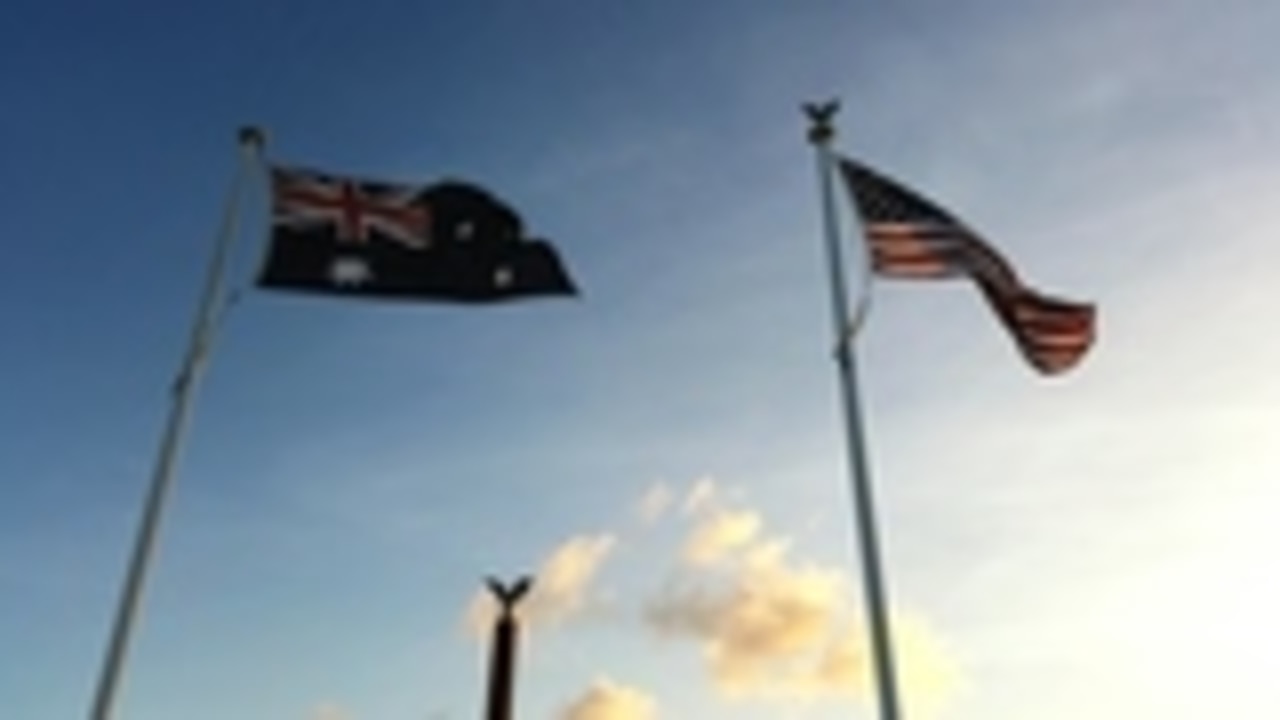
Toowoomba
Don't miss out on the headlines from Toowoomba. Followed categories will be added to My News.
A Trump presidency could delay interest rate relief for Queenslanders under high mortgage stress and hurt agricultural producers exporting to the United States, according to Queensland political leaders and experts.
Economists and politicians have started to readjust to new economic realities across the region and the country following president-elect Donald Trump’s return to the White House at this week’s US election.
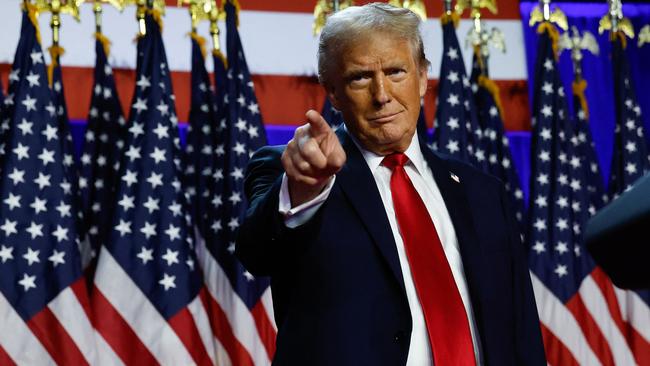
Concerns have already been raised about how the former TV celebrity, businessman and convicted felon’s protectionist trade policies will impact Australia’s attempts to ease inflation and cut interest rates.
But the Darling Downs’ and wider regional Queensland’s agricultural exports could also face tariffs entering the USA, hindering efforts by lobbyists to broaden the appeal of Australian products like beef stateside.
Here is a quick look at the impacts we could see during a Trump presidency:
Potential pressure on inflation amid interest rate delays
Queenslanders already dealing with significant mortgage stress might not see interest rate cuts for some time as part of a second Trump term’s economic policies.
Regional city Toowoomba’s postcode of 4350 has the highest rates of mortgage stress in Queensland, with nearly three-quarters of homeowners struggling to keep up with repayments.
Statewide, nearly one in two homeowners are experiencing mortgage stress.
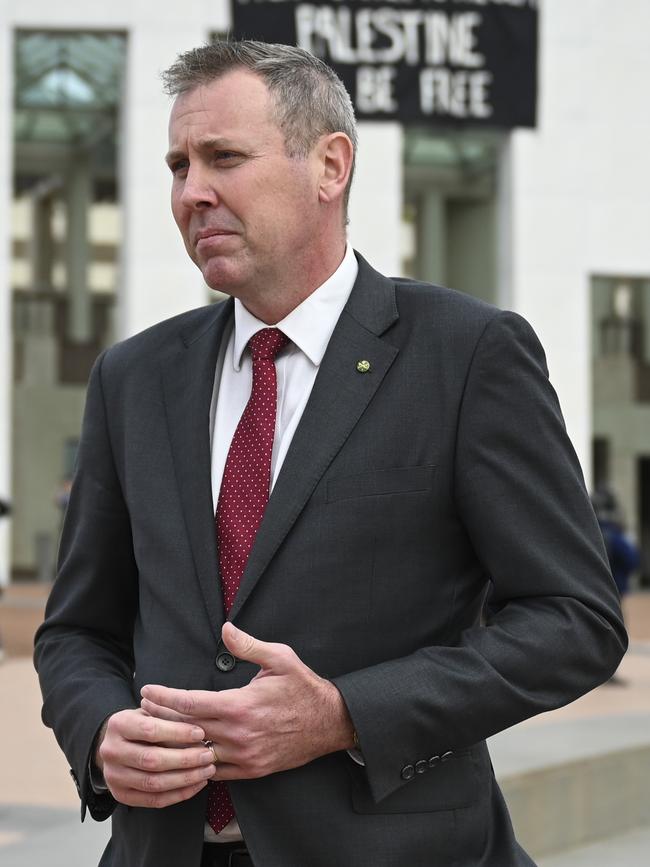
Groom MP Garth Hamilton, whose seat represents Toowoomba, believed Trump’s plan to introduce tariffs would create inflationary circumstances that would make it harder for the Reserve Bank to consider cutting the cash rate further any time soon.
“That seems to be the consensus from economists if he were to introduce tariffs across the market,” he said.
“Our domestic inflation is seven times higher than our imported inflation, so a rise there would make it difficult to see if there would be any rate cuts.
“Market expectations would also play a role in this — you may see people preparing for tariffs and pricing consumption.
“There is some movement in the market on the basis of this result — bond markets are all up (so) interest rates aren’t coming down soon.”
Head of the Business School at the University of Southern Queensland Fabrizio Carmignani believed pressure on inflation was more of a long-term prospect under Trump’s more protectionist policies.

Professor Carmignani didn’t believe the RBA was set to cut rates until 2025 in any case given Australia’s current economic position.
“In the shorter term, there is a risk that devaluation of the US dollar (through tariffs) will make imports more expensive,” he said.
“I don’t expect that they will increase interest rates, it’s not that they were likely to cut it in December and now they won’t.
“I was one of the very few who said there should be a cut, but now it’s clear they’re not looking at any cuts.”
However, Prof Carmignani said major tariffs across the US economy could lead to indirect inflation as other countries started imposing their own import taxes on products.
“One (possible scenario) is tariffs in the US lead to generalised increase in tariffs across the world, which has an inflationary impact,” he said.
“It’s a long term possibility to which I’d add the devaluation of the USD will actually create an inflationary spiral and there’s always the risk of indirect inflation.”
Agricultural exporters face export problems
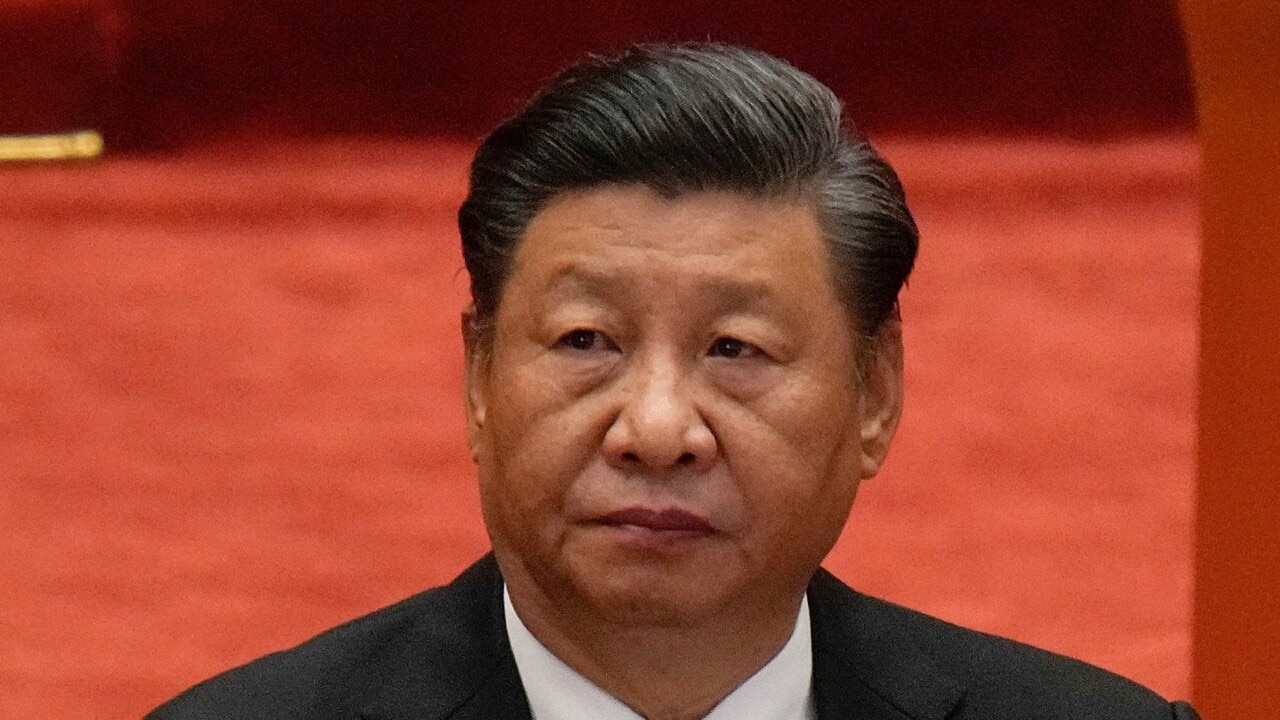
A second Trump presidency’s plan for tariffs could make the United States a less desirable export market for the Darling Downs’ lucrative agricultural sector.
The region’s farming sector was the best performing in Queensland, valued at $1.27bn in 2023-24, and the United States is the state’s second-largest importer of agricultural products at over $2bn.
Prof Carmignani said the prospect of 20 per cent tariffs on beef products from the Toowoomba region would impact its sale in the USA.
“We can expect, based on what we’ve heard, that the tariffs on the agricultural exports, which is currently 5 per cent, could go up by 10 or even 20 per cent,” he said.
“That would make a big impact on our region because the American market would be less accessible.
“This is going to lead to a reaction from other economies so we are looking at a scenario of a trade war.”
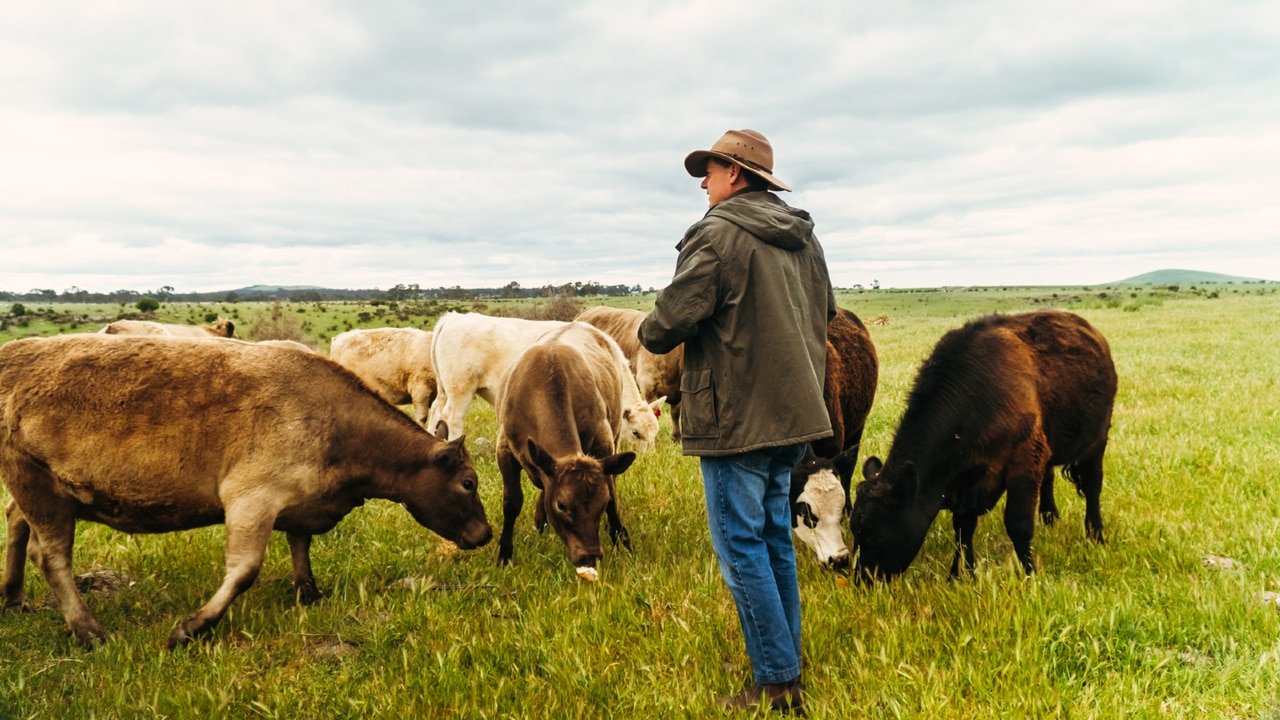
Prof Carmignani argued exporters and their lobbying arms should focus on further diversifying Queensland’s scope of markets to combat this likely shift.
“My expectation there will be some decline in confidence in the US dollar, which would make our exports to the US more expensive,” he said.
“I still believe the US market will remain an important market, it’s not going to disappear but our farmers and producers will need to be proactive, and also need to diversifying their markets.
“It’s similar to what happened when China increased tariffs on our products.
“From an economic point of view, we’re looking at a scenario where more protectionist policies reign, and that is not conducive to economic stability.”
For his part, Mr Hamilton said the prospect of a more protectionist United States would demand expert diplomacy from prime minister Anthony Albanese and Australian ambassador to the US Kevin Rudd.
“Both sides of our political spectrum should be working towards strong trade and peaceful relationships,” he said.
“During the Cold War we continued to sell our wool to Russia, despite different views.
“We’ve got export-quality beef, agricultural products everywhere, coal we ship out.
“If the US is looking at making changes or introducing tariffs, we need to know that we’re right beside them.
“We need them to understand the impacts on us.”
More Coverage
Originally published as How Donald Trump’s presidency could impact Qld’s exports, inflation
Read related topics:Donald Trump





